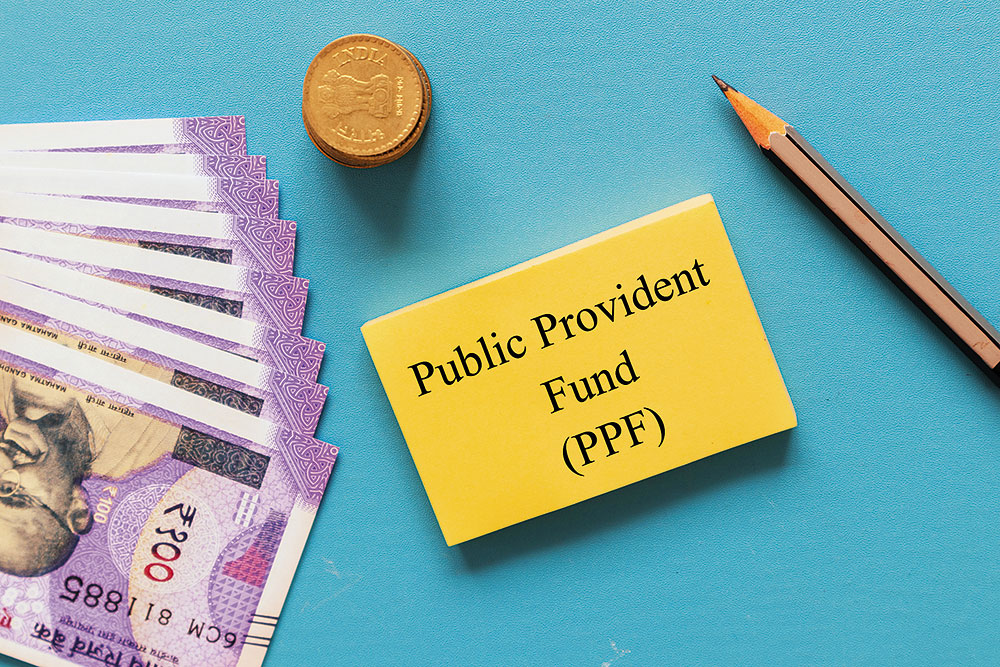Chandan Das
I have an ongoing Public Provident Fund (PPF) account that is due for maturity in a few years. Can I extend the tenure of the same PPF, or do I need to open a new one?
You can extend the tenure of your PPF on maturity by a block of five years, with or without making any new contributions. To continue your PPF account with new contributions, you need to intimate the post office or the bank in which you have the account by submitting Form H. This won’t be necessary if you do not wish to make any new contributions. In that case, the balance will continue to earn interest at the prescribed government rates.
Suhel Chander, CFPCM, Handholding Financials
Hardeep Solanki
I am a senior citizen. I want to give a token sum to my grandson for his higher education when he turns 18 in two years. I want to give the money to him now, but I am afraid it could end up getting used for some other purpose. I do not intend to alter my existing Will. But since he is a minor, he won’t have complete control over his bank account. What is the way out?
You can open a joint fixed deposit with your grandson along with his legal guardian, i.e., parent, for two years. The money can be withdrawn only after the child turns major. A few banks, such as the State Bank of India, offer child fixed deposit plans too, such as the State Bank of India, offer child fixed deposit plans too. Since the tenure of your investment will only be two years, other options, such as mutual funds aren’t advisable. But they too involve legal guardian/ parent. Contact your financial advisor for guidance.
Hina Shah CFPCM, Financial Coach, LUHEM
Meenakshi Iyengar
I have inherited some jewellery from my mother and mother-in-law. Now, my daughter is getting married. I want to bequeath some to her and some to my daughter-in-law. These are family heirlooms and ancestral jewellery going back a few generations. Will these gifts involve legal paperwork or taxation?
Under the prevailing income tax rules, there is no taxation involved when ancestral jewellery is getting transferred to the next generation by way of gift or inheritance. The tax implication will arise only when the jewellery is sold.
It is best to record the details of the jewellery that you intend to gift, in a gift deed or Will, along with the details of the jewellery being gifted, the donor, and the receiver. If you want to pass on your jewellery after your lifetime, you can make a Will with all the details of the jewellery and to whom you want to bequeath the individual items. The gift deed/Will will also help the beneficiaries calculate tax whenever such jewellery is sold, as it will have all details of the previous owners along with the cost of acquisition.
You can get in touch with your chartered accountant to understand how you can mention the original purchase details, and then connect with a lawyer to prepare the gift deed or Will.
In case of jewellery inherited or received as a gift, the cost of acquisition would be the cost price that had been paid by the person from whom such gold is inherited. Also, if the person from whom such gold is inherited or received as a gift had originally purchased the gold before April 1, 2001, there is an option to consider the fair market value (FMV) as on April 1, 2001, instead of the actual cost of the said gold, on the basis of the valuation report of the government approved valuer. That will be considered as the cost of acquisition.
Do note that the sale of jewellery, whether gifted or inherited, is subject to taxation under capital gains tax, the slab rate of which is defined by the holding period of the jewellery, which again determines whether the profit from such sale is treated as long- or short- term capital gains (LTCG or STCG).
To determine whether it will be treated as LTCG or STCG, the holding period of the original owner will be considered. This will be calculated from the date on which the original owner had purchased the jewellery. In case of invoices or receipts related to the jewellery, the cost will be taken as mentioned in the receipt.
The seller is liable to pay 20 per cent tax post indexation (considering increase in cost due to inflation) on the amount realised upon the sale of gold after holding it for more than three years. So, gains will be calculated as sale price less indexed cost of acquisition. Tax will be levied at 20 per cent on such gains.
Uma S. Chander, CFP CM, Handholding Financials







